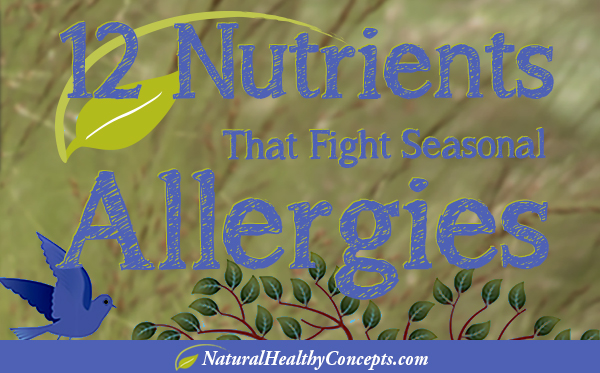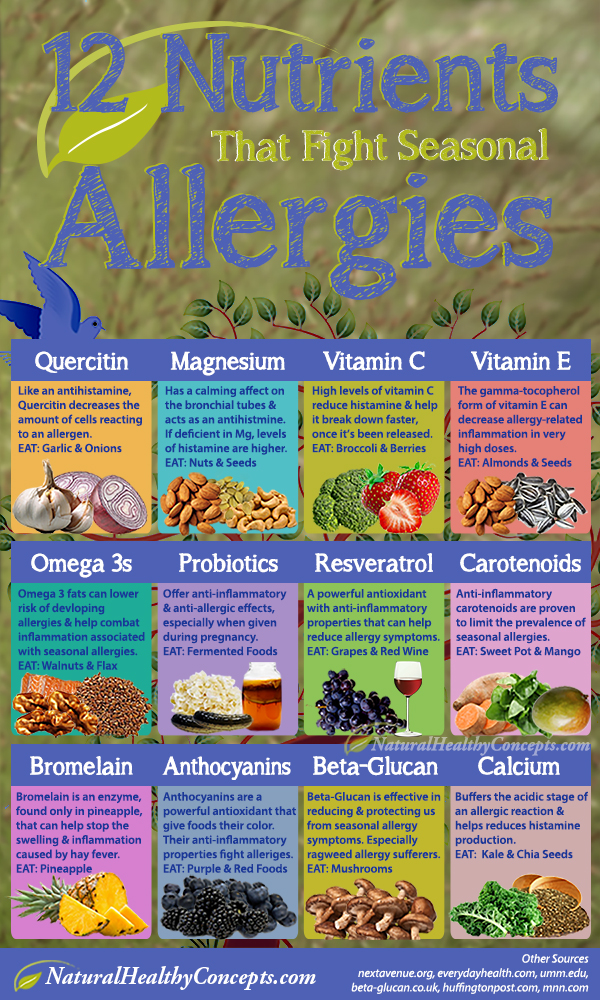
If you’ve ever experienced hay fever, you may have thought you had a cold. Also called allergic rhinitis, this common outdoor allergy causes symptoms similar to a cold, such as itchy eyes, sever sneezing and coughing, and a runny nose. But hay fever is not caused by a virus. It can be triggered by tree pollen, other types of pollen, asthma, or even from eating certain raw fruits and veggies.
It may sound surprising that you could experience hay fever because of your food, but the proteins in some fruits and veggies are similar to the pollen that causes hay fever. It’s a health challenge known as Oral Allergy Syndrome (OAS).
Some foods may actually cause a cross reaction when it comes to your seasonal allergies, making them worse. In order to prevent symptoms, you can avoid eating those foods. You can also peel the skins of fruits and veggies to eliminate a cross reaction. For example, apples are a trigger food, but most of the proteins are found in the skin. Cooking the food also changes the proteins and will help prevent a reaction.
Common Food Allergies
If you know your allergies are triggered by ragweed, a common culprit, then you should also avoid foods like:
- Bananas
- Cantaloupe
- Cucumbers
- Zucchini
- Honeydew
- Watermelon
- Chamomile Tea
If your allergies are caused by grass pollen, then avoid these foods:
- Melons
- Tomatoes
- Oranges
Revolution Health and Dr. Oz have put together a complete cross-reaction chart that highlights the foods that may worsen your seasonal allergies.
However, the good news is that certain foods may help fight seasonal allergies!
In the infographic below, most of the foods providing the 12 nutrients to fight seasonal allergies are not found on the cross reaction chart, with the exception of almonds. Don’t eat almonds if birch or alder tree pollen trigger your hay fever. Other than that, all of the foods mentioned here should be pretty safe to eat, and I sure hope they do wonders for relieving your symptoms!

Natural Healthy Concepts carries a great selection of natural seasonal support products to help you combat your symptoms, as well as supplements that are made from these sorts of foods and provide these nutrients. So for example, if you hate mushrooms but want to benefit from beta-glucan, you still can!
Supplements for Seasonal Support
- Quercitin
- Magnesium
- Vitamin C
- Vitamin E
- Omega 3s
- Probiotics
- Resveratrol
- Carotenoids
- Bromelain
- Anthocyanins
- Beta-Glucan
- Calcium
We hope this list of nutrients that fight seasonal allergies will help you in your health journey. As always, if you have any concerns, be sure to consult with your health care provider first.
